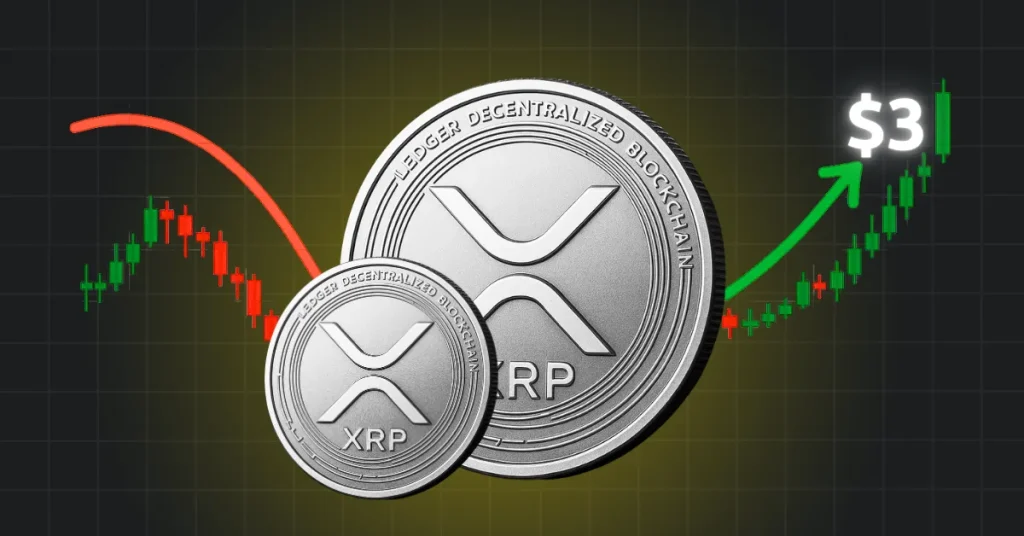The Ethereum Virtual Machine (EVM) is a computation engine that functions as a decentralized computer with millions of applications that may be executed. The EVM’s job is to add a few new features to the Blockchain so that consumers have fewer problems with the distributed ledger. Every Ethereum node runs on the EVM to maintain consensus across the blockchain. Ethereum facilitates something called smart contracts, a piece of code running on Ethereum. EVM is completely isolated, meaning the code inside the EVM has no access to the network, file system, or other processes. Ethereum has two types of accounts: Externally Owned Accounts (EOA) and Contract Accounts, both of which are treated equally under the EVM. EVM facilitates the execution of smart contracts (solidity) on any machine (OS agnostic). EVM is an intermediary layer between a smart contract and the operating system installed on the machine (operating system). EVM can read and execute Solidity code once compiled to bytecode. The JVM (Java Virtual Machine) might help you comprehend things better if you’re a programmer. If we don’t have EVM, we’ll have to create compilers for each operating system separately. The Ethereum Virtual Machine (EVM) makes the Ethereum ecosystem more efficient and compatible. Let’s check out some EVMs to watch out for in 2022 Telos EVM The Telos EVM is an Ethereum virtual machine (EVM) that, like Ethereum, runs current Solidity and Vyper contra...
 XRP Price Prediction For May 2025
XRP Price Prediction For May 2025